Excessive gas formation and bloating in the stomach is a common issue that causes discomfort and a distended belly.
To tackle this problem and prevent its recurrence, we have listed 8 helpful tips in this article.
It is crucial to identify the underlying cause of bloating before attempting any self-treatment and to be aware of the potential risks associated with chronic or severe medical conditions.
Keep in mind to seek guidance from a medical professional before making any changes to your treatment plan.
1. Benefit your digestion by taking a walk
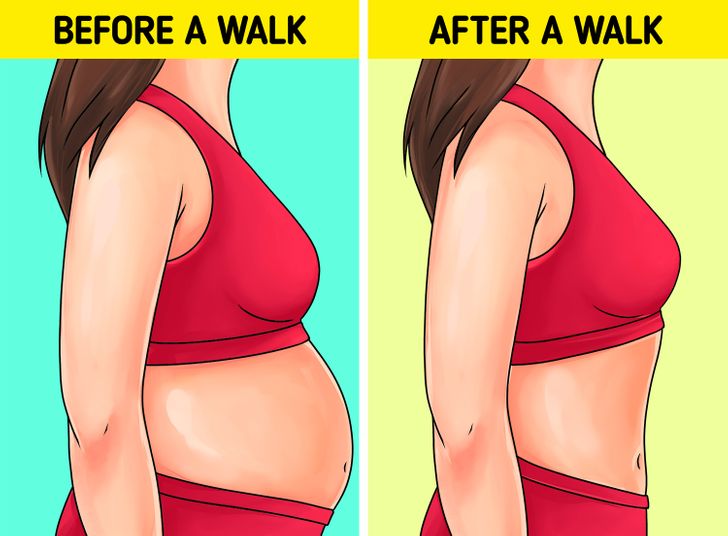
- Engaging in regular physical activity can improve bowel movements and aid in the release of gas, ultimately preventing constipation and reducing bloating.Even a brief walk can be beneficial in promoting digestive comfort and alleviating discomfort in the belly.
- Regular physical activity should be incorporated into daily routines to prevent issues with constipation and bloating from occurring in the first place.By making exercise a habit, you can maintain healthy bowel movements and reduce the likelihood of experiencing discomfort associated with bloating.
2. Performing abdominal self-massage
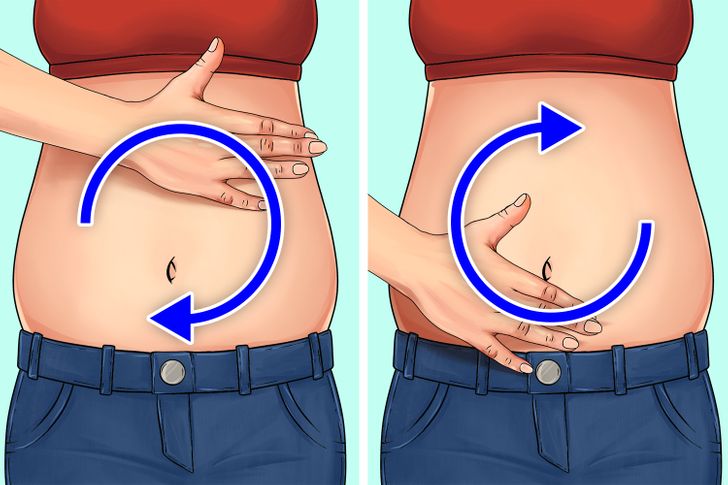
- A self-massage technique that may provide relief for bloating involves placing your hand above your right hip bone and gently moving it upwards towards your ribcage in a clockwise direction.Be sure to cover both the upper and lower belly areas with this motion and repeat for a few minutes.
This technique can help alleviate discomfort associated with bloating.
- If you experience any pain or discomfort during the self-massage for bloating, it is important to stop the massage immediately.It is also recommended to consult with a healthcare professional if the discomfort persists or worsens.
3. Limiting or avoiding sugar alcohols
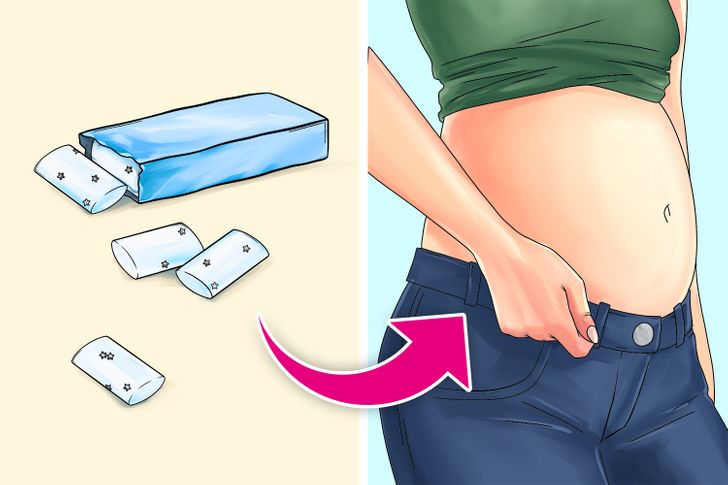
- Sugar alcohols such as xylitol, erythritol, maltitol, and sorbitol are commonly used as sweeteners in sugar-free products like gum, ice cream, cookies, and energy bars.While they serve as an alternative to sugar, consuming large amounts of these sweeteners may lead to digestive issues such as excessive gas formation.
It is essential to pay attention to your body’s reaction to these products and limit your intake if necessary.
- It is important to be aware of how your body responds to sugar alcohols and limit their consumption if necessary.If you experience digestive discomfort after consuming products that contain sugar alcohols, it is recommended to reduce your intake or avoid them altogether.
4. Identifying food allergies
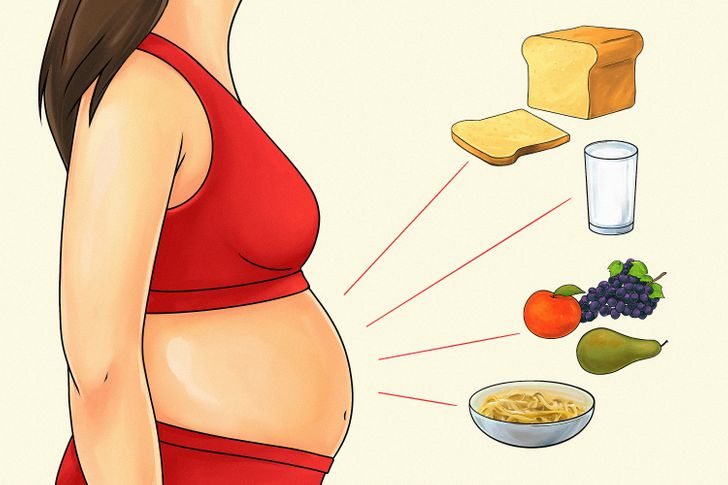
- If you suspect that certain foods or ingredients are causing bloating, it is essential to consult with a healthcare professional to identify potential intolerances or digestive issues.Many individuals are intolerant to common ingredients such as lactose, gluten, wheat, and fructose, and consuming these foods may cause negative reactions in their bodies.
5. Eliminating carbonated beverages
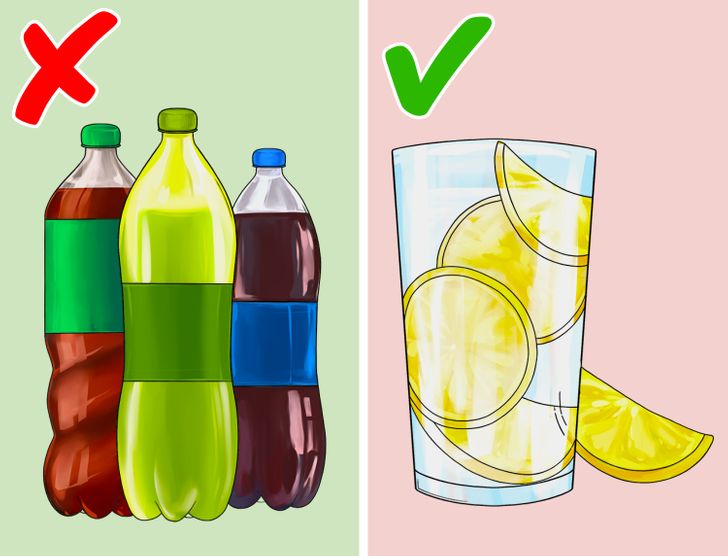
- Consuming fizzy drinks that are filled with bubbles can trap gas in your stomach, leading to bloating.It is recommended to limit the consumption of these beverages and opt for healthier alternatives like water with lemon, cucumber water, or peppermint tea.
These options are not only refreshing but can also help alleviate bloating and promote digestive comfort.
6. Incorporating probiotics into your daily diet
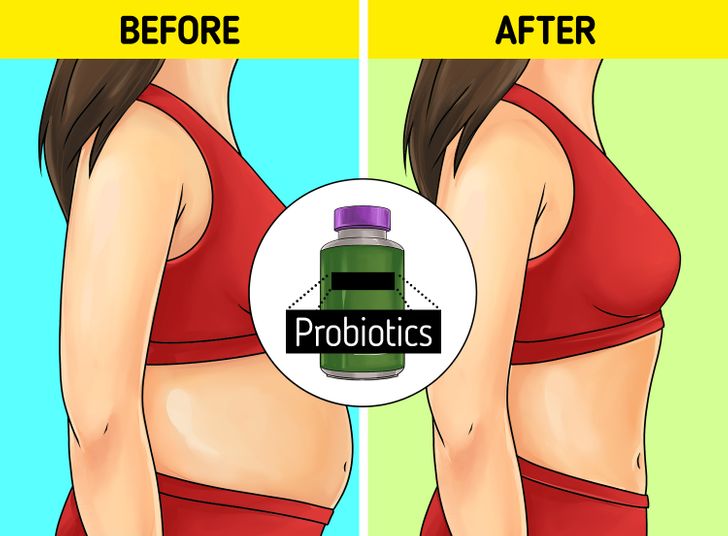
- Probiotics are beneficial bacteria that may improve digestion and reduce bloating.While some food products like natural yogurts contain probiotics, it is advisable to consult with a healthcare professional to determine the condition of your intestines and get recommendations for taking certain probiotic supplements.
These supplements can help balance the gut flora, improve digestive function, and alleviate symptoms associated with bloating.
7. Avoiding food that cause gas formation
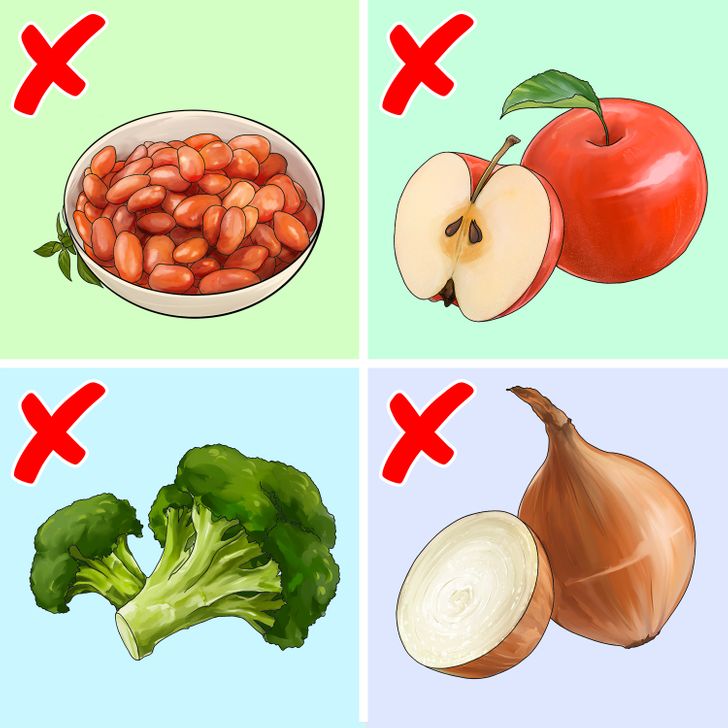
- If you experience bloating after consuming certain foods like beans, cruciferous vegetables, lentils, onions, and apples, it may be helpful to limit your intake of these foods.
- Maintaining a food diary is a useful tool to track your body’s response to different foods and identify any patterns or triggers that may cause bloating or digestive discomfort.
8. Reducing your salt intake
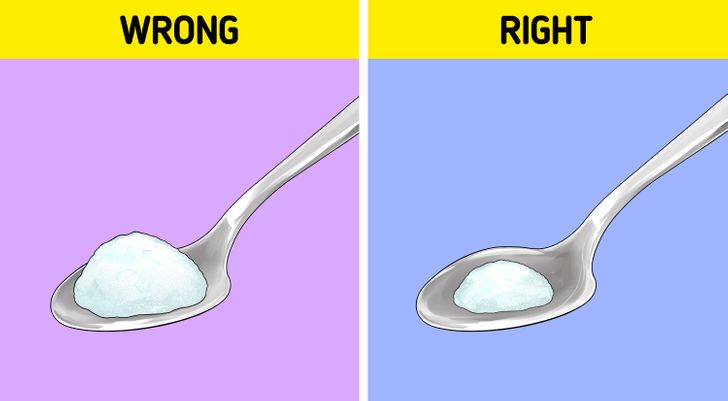
- Excessive consumption of salt can cause your body to retain water, leading to feelings of bloating.It is important to pay close attention to food labels, especially when purchasing processed foods, as they often contain high amounts of salt.
Limiting your salt intake can help alleviate bloating and promote better overall health.
- It’s best to consume no more than 500 mg of sodium per serving to reduce the risk of bloating and other health issues.


